Speaking with Matteo and discussing with Lunelli. Discuss with him – or rather with both, joined in one person – on the impact that the Coronavirus emergency has had on Italy; Lunelli gives his take from an economic point of view, as president at Cantine Ferrari and Altagamma, the foundation that since 1992 has united enterprises in the cultural and creative Italian industry; Matteo focuses on the human, personal aspect, on the values, I’d say, as to what is happening in Italy, and beyond. Here is the result of this “three-person” chat…
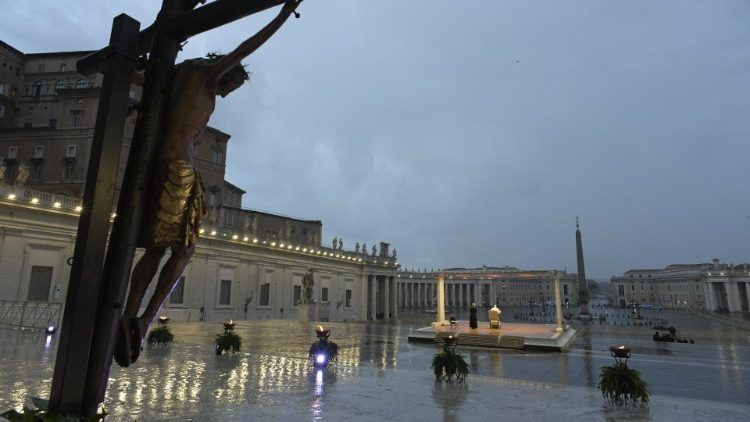
The image that will go down in history, and what it says to us.
«I was struck, like many, by an image I will always hold dear. That of Pope Francis, alone, in the rain, in Saint Peter’s Square, with the columns embracing the world. Francesco told us that nobody can find salvation by himself. This has millions of meanings, an extraordinarily powerful meaning, because with that sentence he perfectly interprets a very strong feeling that mirrors the best thing we have received in this emergency: cohesion, sharing. We’re all alone, in our houses, the luckier ones with their dear ones; but at the same time we experience a sense of community, in all respects, that is as strong as ever. It affects the entire country. It’s important that we have it now and I hope we will preserve it in the days to come, because I think it can come very useful to start over. There’s a quote from Albert Camus’s The Plague that says: "No longer were there individual destinies; only a collective destiny, made of plague and emotions shared by all". The parallel is clear. Hence I am proud, as president of Altagamma, to say that our companies donated together 35 million euros for the Covid-19 emergency. Many converted their work, fashion companies now produce masks and white coats, others have offered their space to operate with ventilators... And I want to mention another episode: in Trento a university student started a fundraiser; suddenly he was joined by a real movement, a touching joint support. These are small elements of beauty that fill the heart and make us hope for the future».
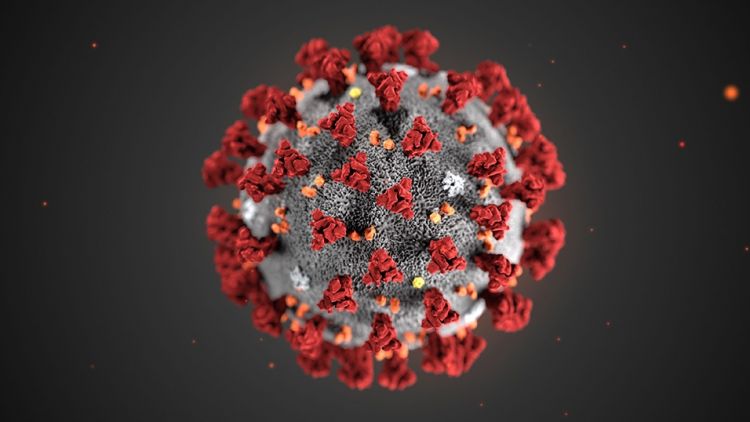
What does this pandemic represent.
«This pandemic is a horrible event that will help us put things in the right perspective; in its tragedy, it has forced us to change life. And it’s also something that makes us closer to family: I’m working a lot from home. Before I was always travelling around Italy and the world, what with events, meetings, tastings... In this drama there’s something beautiful: we have once again time to spend with our dear ones. At least between one videocall and the other, in my case, because work is still hectic!».

This is also a time to plan to start again.
«I’ve already mentioned an element that will be necessary to restart: the strong cohesion we have acquired, and which will be important to preserve. Our economy was hit hard; we need to make sure that we don’t miss some pieces of our made in Italy, some businesses risk not being able to open again unless adequate measures to support them are put in place. In particular, we must pay attention to the supply chains, I think of the entire industry with restaurants, wine shops, wine bars... We must protect them, because losing them would have a very bad and long-term impact. Another necessary element will be paying attention to brand values and sustainability in every aspect, hence environmental as well as economic and social. Once the emergency is over, I think that consumers too may be – and I think they will be – more careful when judging companies even in terms of how they treat their employees, their suppliers and stakeholders. The theme of sustainability was already important, it will be ever more so. The restart is in other words connected with communities, territory, with a positive interaction with its players. I’m optimistic: many are committed in this sense. Italy has the possibility of becoming a leader in this respect, in the future: we need to transform this value that is already a part of us in a distinctive element on an international scale. The excellence of made in Italy as a consequence will be able to leverage on this too».

What we need to start again (1): a great communication project
«Made in Italy, Italian excellence represented also by Altagamma, is a system worth 115 billion euros and representing 6.85% GDP, 53% of exports with the involvement of 402K workers. It’s an important asset for the country. There will be an increasing attention on the intrinsic quality of products, on the values behind them, on sustainability in a wider scope, as we said. These elements will direct the future choices of consumers, in Italy and abroad. They will find us ready, and you know why? The excellence of Made in Italy - food is a clear example of this, but it applies to every sector – has always been strongly linked to its territory, with which it has developed a positive and constructive connection. This is why I believe we have a fertile potential, we have some good cards to play, a significant competitive advantage. However, and this is crucial, we will need to build an all-comprising strong communication project for the country: Italy as a place to visit, a place where to live, a language to speak, a style to wear, a cultural heritage with which to fall in love... After the quarantine we will all have a strong desire to travel and enjoy experiences: not immediately, the recovery will be gradual, but we will need, even in this case to be prepared to communicate and attract new flows. Many want to come here: of course, we will have to present ourselves not as the country of Covid-19, but as the homeland of beauty. Which is what we are».

What we need to start again (2): stimuli for investments and the capacity of attracting European funds
«Communication, as I said, is one of the turning points. First of all because tourism is a key industry. And then because it has extraordinary economic repercussions: those who visit Italy fall in love with our food, our wine, our clothes, our design, which they then buy both in Italy and abroad, stimulating export. But this is not enough: we should invest once more. Businesses will be much affected after months without working, with total closure that will need to be overcome. We need to help them. And we need to invest in production, research, development. From this point of view there’s an opportunity we must make use of: the European Commission declared that it will be more flexible in the evaluation of the criteria to judge the support given by the state. Every country is trying to make use of this, and Italy should be in the front line, in this respect, while we often prove to arrive late and unprepared. The aid Europe will allow to stimulate the economy must be used fully: because it’s not just the production that must start again, but the investments for the future too. There’s an opportunity. Let’s not miss it».
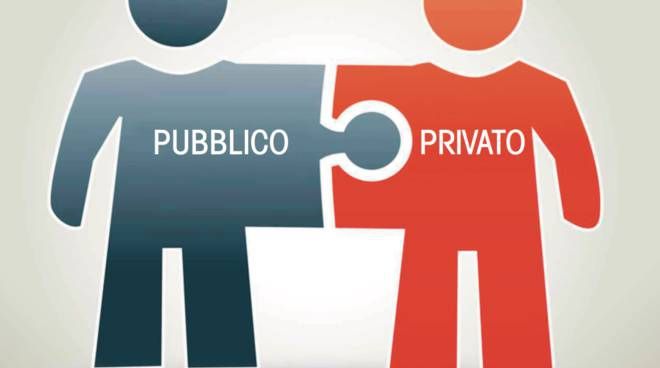
Public or private investments?
«I’m referring rather to a stimulus to private investments with the support of European funds. Italy, as a state, is already very committed in its facing the emergency; it must safeguard supply chains, make sure businesses are safe by injecting liquidity, support social security cushions... Of course, it would be best if it also supported some ambitious infrastructural projects, but one can suppose that it will have little margin of movement. It’s best to focus on what I said earlier: stimulate private investments with the support of European funds».
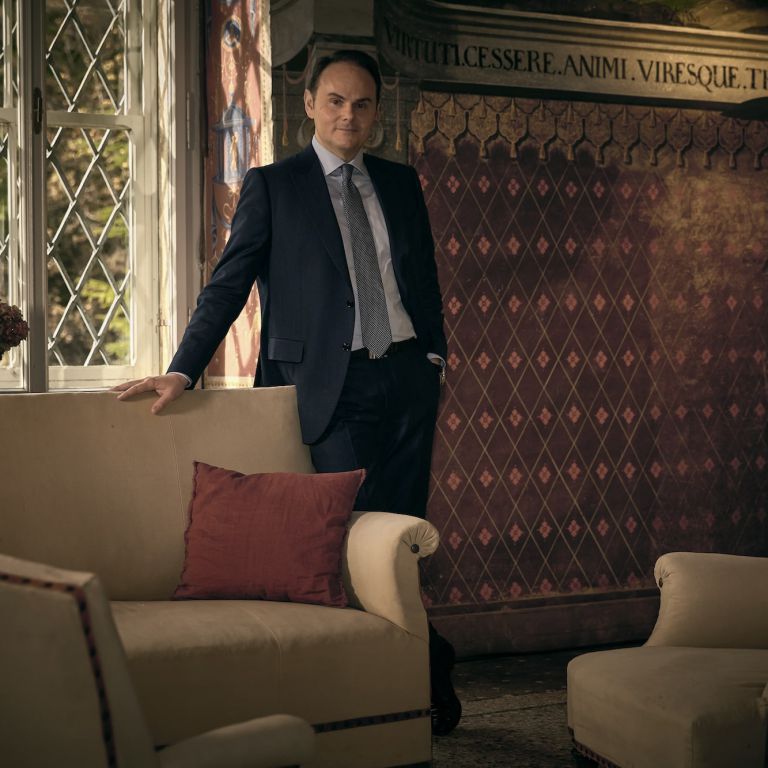
Start again, but slowly (that is to say start again slowly, as long as we start again)
«We must understand when the new phase will start, and how. As an entrepreneur I work in a sector where we were not obliged to close. We nonetheless put the safety of people before everything else; we reduced some activities to a minimum, for other activities we decided to stop altogether. In agriculture – which does not allow for stops, because vines don’t stop – we were very careful; we continued to work, limiting ourselves to what was compatible with the need of security; we sanitised tools and tractors; we adopted specific protocols to safeguard our workers; we made sure the social distances were always kept; we avoided groupings during lunch; we offered the necessary protective materials; and so on. In other words, we went beyond what was imposed by the law. This is the right approach in which to operate in the future too. I believe we must do so slowly, in an absolutely gradual and progressive way, with huge attention, care and with very strict protocols. At the same time, we cannot wait too long, because if we stop too long, we will compromise the future. We must differentiate each sector, start very slowly while asking entrepreneurs to be very responsible. Some businesses were forced to shut down completely, like fashion and design: in this case we must allow them to start again as soon as possible at least with what regards prototypes and research and development, or else we risk losing entire seasons and block the production for a long time».
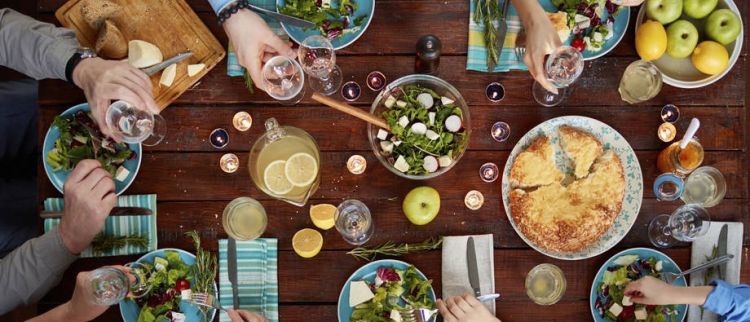
The hit that struck hospitality versus the desire to be together once more.
«Conviviality is an extraordinary element that we have missed completely. However, I notice there’s a strong desire for human connection: directly or - in these weeks – at least remotely. The fact we were deprived of these moments will help us to give even more value to them when we will have them back. We all wonder: where can I go, what experience do I want to have first, what dishes will I want to taste, or perhaps taste again, as soon as it will be possible? Restaurants, tourisms, hotels are industries now closed, but which will once again flourish, at first gradually and offering some different forms of service, at least until we will find successful treatments or better still a vaccine against Covid-19 (in this sense, an incredible amount of talent and knowledge is at work in research centres all around the world. And while they say that for a vaccine we will need one year, I think that before then we will at least become capable of managing the virus with effective treatments. And this will already be a huge step ahead). But, again, the positive thing is that in this moment everyone proves a strong desire to be connected: when it will be possible, this will explode. In fact, we will need to manage it somehow! Many in this industry are worried since it has been hit, more than any other field, in an unprecedented way: however, I hope that suitable aid will come from the government. And that once the hardest moments are over, we can intercept this desire to be together with others which is out there, and it’s palpable».
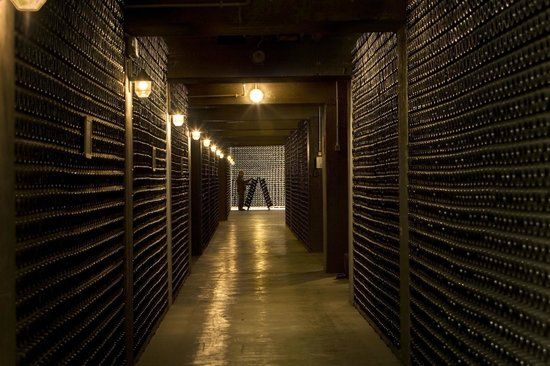
The wine market what with consumption at home and outside the home.
«It’s true that many in these weeks at home find gratification with a bottle of wine, perhaps to match a good meal specially made. But to be honest this is not enough. I think of our Gruppo Lunelli, for instance: Cantine Ferrari has a strong presence in restaurants and bars, hence that part of the turnover is missing completely, while we’re doing better in large retail stores. With Bisol, another brand of ours, we’re even more focused on Horeca, hence we’re suffering a lot, both in Italy and abroad. It’s probably true that every brand will need to work to try to enter home consumption more extensively, I think of e-commerce and so on. But it’s not, and it will not be an easy time».

The trend: we will return to go out for a meal (and a drink).
«In conclusion: what in these years has given us great satisfaction, that is to say the growth in consumption outside the home, in these months is penalising us. But this channel will recover, though very slowly. It was a dominating trend before Coronavirus; I don’t believe that this crisis is so strong that it will change this trend for good. We will return to go out for a meal, just as in the past, and more so, as soon as there will be the possibility. Of course, we will need to analyse data. For some time numbers will be negative, but I’m optimistic: everything will gradually start again. I hope so. And I also foresee it».
Translated into English by Slawka G. Scarso